 Check That Your Camp Maintenance Shop Is Closed For Winter
Check That Your Camp Maintenance Shop Is Closed For Winter
Winter is officially arriving on Dec 21st of this year, though it seems to have made an earlier entrance in many parts of the country. Preparing for winter is no easy feat for camps. However, proper winterization for any camp planning to re-open in the spring is important and necessary. Among the most important jobs to complete is to properly close your camp maintenance shop for winter. Below is a list to help give you peace-of-mind, so you may check that your camp maintenance shop is closed for winter appropriately.
1. First, make sure your automatic fire sprinkler system, if there is one, has the proper anti-freeze mixture. The proper mixture will protect it well below the lowest possible temperature. If the pipes burst, severe water damage can occur. The mixture should be checked periodically throughout the winter to ensure it has not weakened or become diluted.
2. All window, door and loading areas of your camp maintenance shop should be sealed and weatherproofed.
3. Camp maintenance shop work areas should be thoroughly cleaned and store work materials in appropriate bins. Properly dispose of scrap lumber, unusable parts, no-longer-needed appliances and unidentified personal belongings.
4. Store and lock all combustible liquids such as gasoline, solvents, and thinners in identified metal safety cabinets. Notify the local fire department of the location and contents of these combustibles.
5. Secure neck caps on all oxygen or gas cylinders. These should also be stored in a metal shed with double hold back chains or straps securing them to a wall structure.
6. Empty all portable fuel containers into in-use vehicles and leave the empty containers open to air dry, prior to storing them.
7. Clear battery charging stations of all unnecessary batteries. All acidic chemicals should be stored in proper containers and stored in locked cabinets.
8. Neatly coil and store all electrical extension cords on proper hangers in your camp maintenance shop. Do not leave power cords plugged into live outlets.
9. If the facility will not be in-use over the winter, drain and blow out all water lines. Leave all exterior spigots open.
10. Shut down all unnecessary heating units, such as hot water tanks, furnaces, and boilers. Extinguish all pilot lights and shut off the gas or oil supply at their source.
11. Properly drain all vehicles or fuel-using equipment. Unused fuel should be transferred to in-use vehicles or properly disposed of.
12. Dispose of all used oil and paint rags and empty any containers used for their storage.
13. Place all damaged tools in a closet or storage bin in your camp maintenance shop identified as: “Do not use, under repair.”
14. Finally, clearly post a “sign-in sheet” and have any visitors sign-in and state their purpose when they enter the building.
Remember that preparing for tomorrow is doing your best today. We hope you found this reminder-list for your camp maintenance shop helpful and wish you a relaxing season off, and a safe and happy summer season to follow.
To learn more about AMSkier Insurance and what our partnership can do for you, please contact us today.
Was This Helpful? Get More Content Like This!
Join Our Public Broad & Bright List Below
#mc_embed_signup{background:#fff; clear:left; font:14px Helvetica,Arial,sans-serif; width:100%;}
/* Add your own MailChimp form style overrides in your site stylesheet or in this style block.
We recommend moving this block and the preceding CSS link to the HEAD of your HTML file. */


 Check That Your Camp Maintenance Shop Is Closed For Winter
Check That Your Camp Maintenance Shop Is Closed For Winter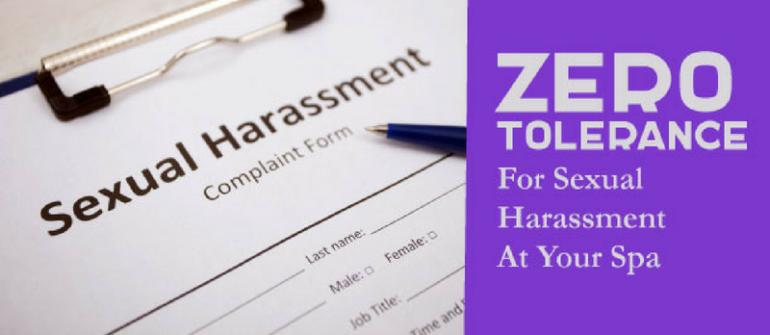
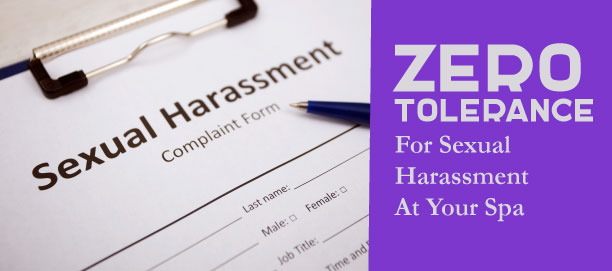

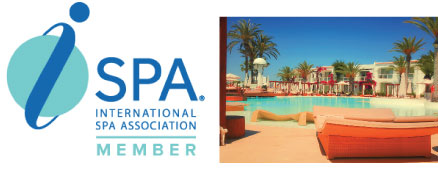
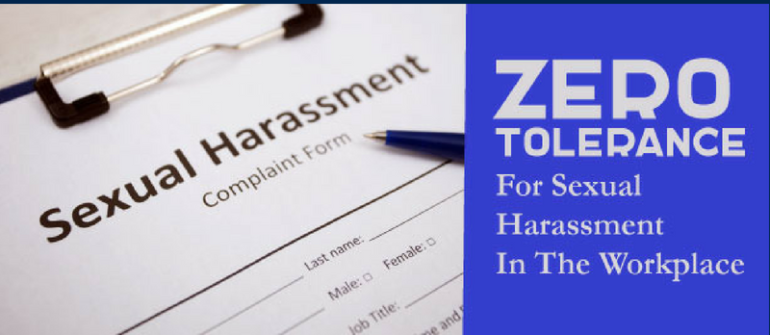
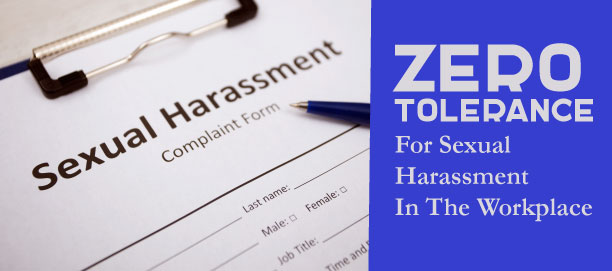 There has been a deluge of public sexual harassment allegations since the exposure of sexual harassment allegations against Hollywood producer Harvey Weinstein. As you have no doubt noticed, the accusations have expanded beyond Hollywood, affecting many industries.
There has been a deluge of public sexual harassment allegations since the exposure of sexual harassment allegations against Hollywood producer Harvey Weinstein. As you have no doubt noticed, the accusations have expanded beyond Hollywood, affecting many industries. Let’s add our voices to efforts to end sexual harassment by promoting the notion that no one may subject an employee or customer to any unwelcome conduct of a sexual nature. We’re sure you pride yourself on providing a safe work environment, but we must all be vigilant about maintaining a work environment that is free from discrimination and harassment. If you would like further information about anti-sexual harassment policies, contact
Let’s add our voices to efforts to end sexual harassment by promoting the notion that no one may subject an employee or customer to any unwelcome conduct of a sexual nature. We’re sure you pride yourself on providing a safe work environment, but we must all be vigilant about maintaining a work environment that is free from discrimination and harassment. If you would like further information about anti-sexual harassment policies, contact 
 The business world can seem unwelcoming towards women. Partially, this is due to the societal idea that power is something achieved through pressure, intimidation, and a sheer desire to defeat at any cost. Among many women who have achieved, power is seen much differently; in this view, power ignites and enables, without pushing anyone else down. Women tend to prefer searching for common interests, solving problems and collaborating to find win-win outcomes.
The business world can seem unwelcoming towards women. Partially, this is due to the societal idea that power is something achieved through pressure, intimidation, and a sheer desire to defeat at any cost. Among many women who have achieved, power is seen much differently; in this view, power ignites and enables, without pushing anyone else down. Women tend to prefer searching for common interests, solving problems and collaborating to find win-win outcomes.
 Auto Insurance Coverage For College Students
Auto Insurance Coverage For College Students